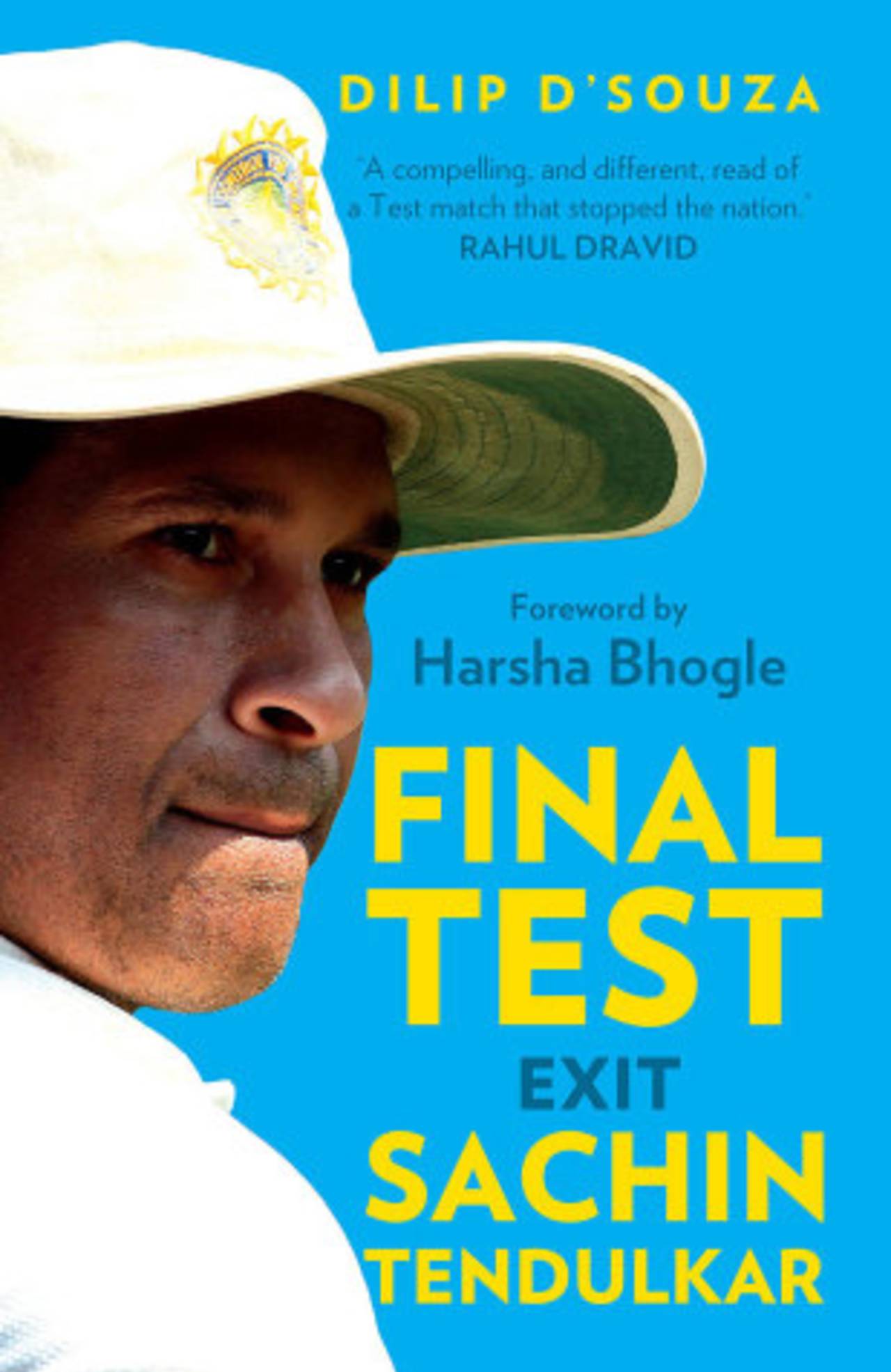Sachin Tendulkar's farewell, in November 2013, was quite easily Indian cricket's event of the year. It was also, quite possibly, a rather distinctive event in cricket's history. A special Test series - against West Indies - was arranged by the BCCI, and the 200th and final Test of Tendulkar's career was scheduled for the Wankhede in Mumbai. For most Indian cricket fans, the country's favourite cricketing son deserved no less than this deliberate and elaborate goodbye, in the company of his family and at the ground that was his de-facto cricketing home.
Tendulkar did not score a century in his last innings, but neither did he score a duck. He delivered a
moving farewell speech, bringing tears to the eyes of many who saw it, and then, after the obligatory lap of the stadium, surrounded by a small army of photographers, board officials, security men and various hangers-on, he rode off into the sunset, leaving behind him the memories of a 25-year career. For some - including this writer - his retirement had come two years too late, but there was no doubt that when it did happen, the man at the centre of it all handled it with as much dignity as could be mustered in the midst of the spectacle that it was destined to be.
Tendulkar's last Test, and the context surrounding it, is the subject of Dilip D'Souza's entertaining little book, Final Test: Exit Sachin Tendulkar. In it, D'Souza uses a close look at action on the pitch as a foundation and scaffolding for brief but wide-ranging looks at a host of topics: the financial power of Indian cricket, the BCCI's domination of world cricket administration, the political resonances of cricket in Mumbai, including its relationship with the notorious (political party) the Shiv Sena, the decline of West Indies cricket, the obsession with statistics that is the hallmark of the cricket tragic, the peculiar and particular fascination Indian cricket fans have had with Tendulkar over the course of his long and distinguished career.
The cricket is, of course, centre stage in D'Souza's writing - perhaps a little too much even - but our understanding of the cricket action he describes is considerably enhanced by its being embedded in the issues he raises. It lends meaning to what could be a meaningless activity - the knocking around of ball by bat. The action we see on a ground is but the bare tip of an iceberg. There is finance, there is politics, there is economics, there are interpersonal relationships, there are cultural conventions; the sporting action reflects these myriad influences to those who play close attention.
D'Souza is an experienced journalist who has often cast a critical glance at many aspects of modern Indian life in his writings over the years, and he brings the descriptive and analytical skills he has acquired over the course of his career to this foray into writing on cricket. The result is a book that will entertain the fan who wants to read about cricket action but also educate those who want to know more about what makes Indian cricket - and its fans and players - the distinctive cultural phenomena that they most certainly are.
Final Test: Exit Sachin Tendulkar
By Dilip D'Souza
Random House India, 254 pages
Rs 194 (paperback)
